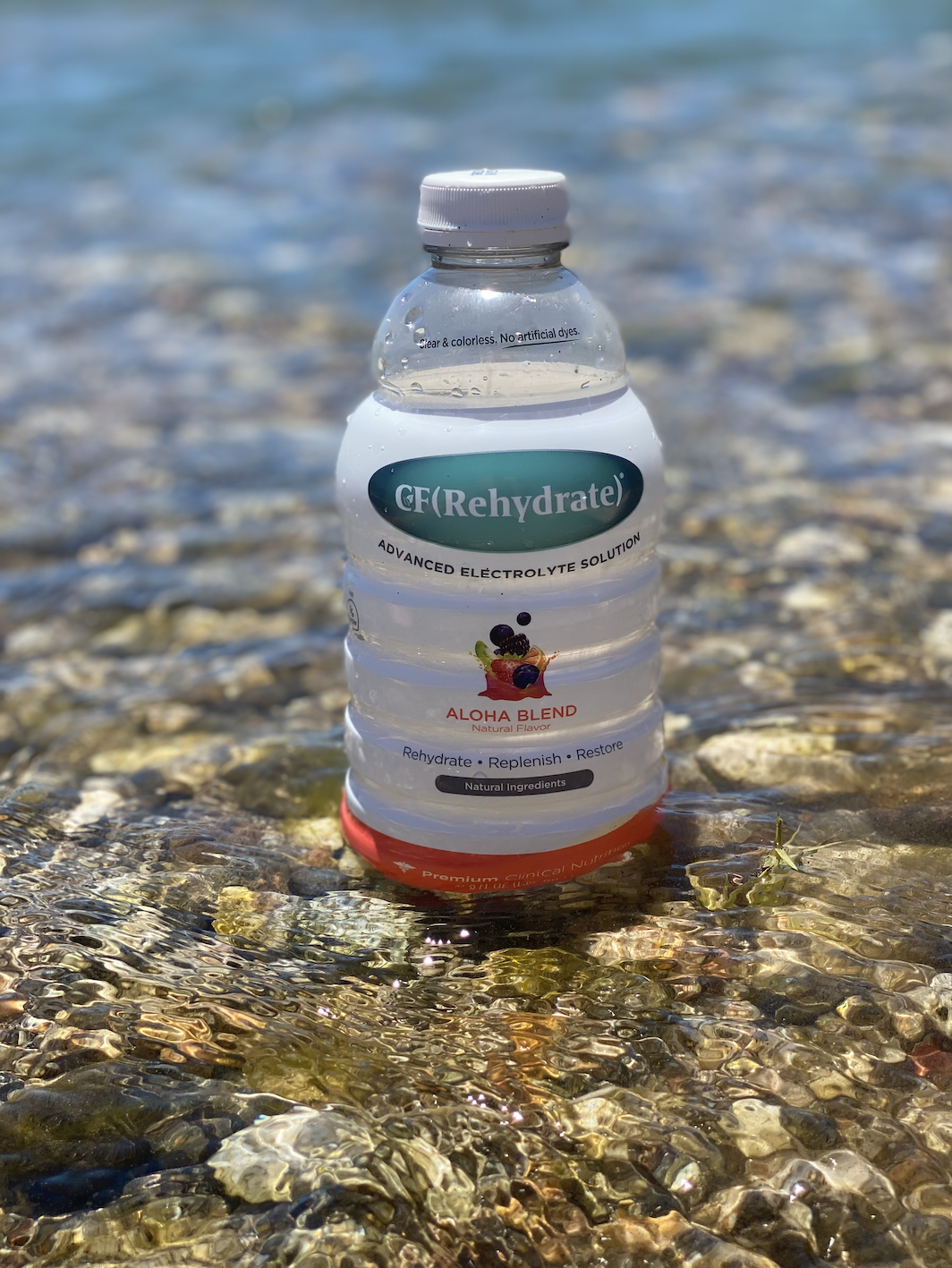As cold and flu season is officially upon us, knowing what vitamins and minerals help support immunity isn’t easy. Today, we break down four of the essential vitamins and minerals that help support your immune system. CF(Rehydrate)® IMMUNITY+ was designed with an extra dose of Vitamin C, Vitamin D, Magnesium, and Zinc to strengthen your immune system, especially during cold and flu season. Drinking one serving a day may help prevent you from getting sick this season.
Vitamin D’s Role in the Immune System
Vitamin D plays an essential role in immune health. Its function is to regulate adaptive immune responses. Additionally, Vitamin D deficiency appears to increase the risk of certain illnesses and lower levels of Vitamin D may increase infections. Low Vitamin D levels may make you more susceptible to have recent upper respiratory tract infections when compared to those with sufficient Vitamin D levels. Consuming just one serving of CF(Rehydrate)® IMMUNITY+ meets 25% of the DV of Vitamin D. Another way to ensure adequate Vitamin D is getting enough sunlight. Just taking a 15 minute break at lunch to get your daily dose of Vitamin D can help prevent deficiency in this essential vitamin.
Vitamin C’ and Your Immune System
Vitamin C is an antioxidant that helps the formation of collagen. As an antioxidant, Vitamin C protects against environmental oxidative stress. Deficiency in Vitamin C may lead to impaired immunity and increased infection. The way it works is, Vitamin C can readily donate electrons and, in turn, protect from damage by oxidants which makes it an essential part of wound healing. Consuming one serving of CF(Rehydrate)® IMMUNITY+ provides 100% of the DV of Vitamin C. Eating plenty of fruits and vegetables, especially citrus fruits can also help ensure you are getting enough Vitamin C in your diet.
Magnesium’s Role in the Immune System
Magnesium is necessary for healthy muscle function and glucose metabolism. This means it plays a vital role in the use of energy-rich compounds. When we exercise, magnesium may be depleted, which can sometimes compromise the ability to perform physical work. Immune function may also temporarily suffer during bouts of prolonged exercise or excessive training. Sometimes, this can lead to infection. Replacing magnesium is crucial and by consuming CF(Rehydrate)® IMMUNITY+ after a workout, you are able to replace some of the magnesium that may have been lost during exercise. Magnesium also has a strong relationship with the immune system. Deficiency in magnesium may lead to an inflammatory response which can be detrimental to our immune health. There is 10% of the DV of Magnesium in one serving of CF(Rehydrate)® IMMUNITY+.
Zinc Can Defend Against Oxidative Stress
We often hear about Zinc being important for our immune healthy, but what role does this mineral play? Zinc strengthens the immune system and promotes healthy cell function. When we have a bacterial infection, plasma zinc levels decline. Dietary zinc (meaning the zinc we get from food or drinks) deficiency predisposes individuals to certain infectious diseases. Zinc also defends against harmful internal macrophages and decreases oxidative stress. There is 25% of the DV of Zinc in one serving of CF(Rehydrate)® IMMUNITY+.
———
Now that you have a better idea of the four essential vitamins and minerals that support your immune system—be sure to browse the rest of the CF Nutrition blog for empowering health, wellness, and lifestyle tips. And don’t forget to fuel yourself and your family with the clean, clinical replenishment and immune support of CF(Rehydrate)® immunity +.



